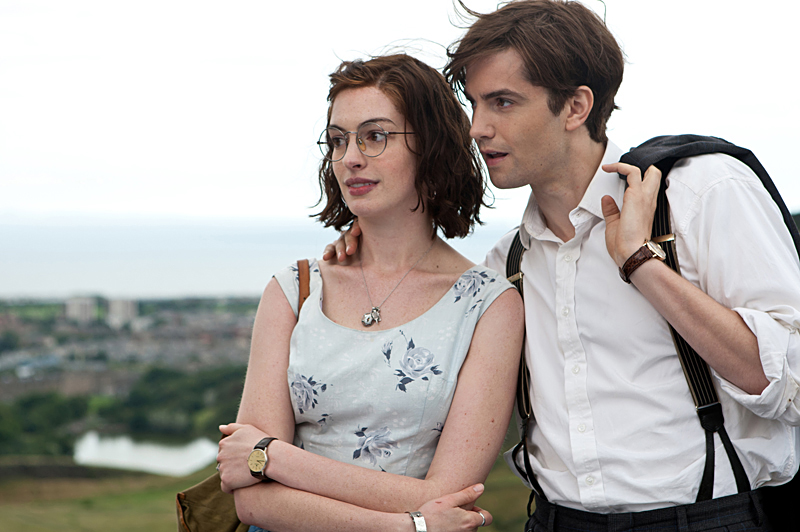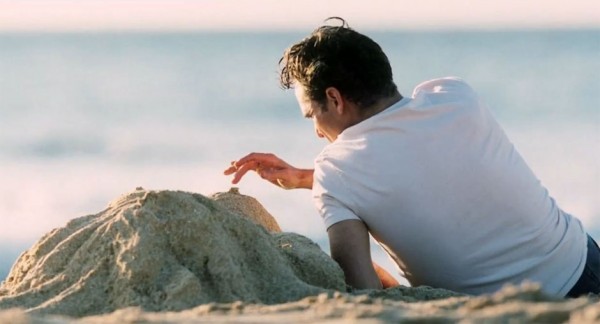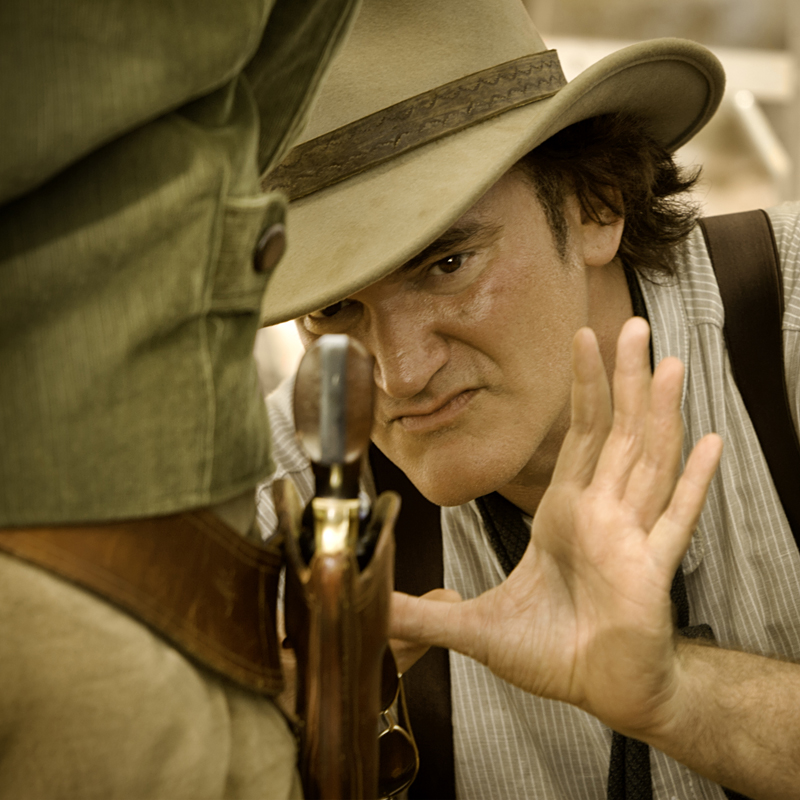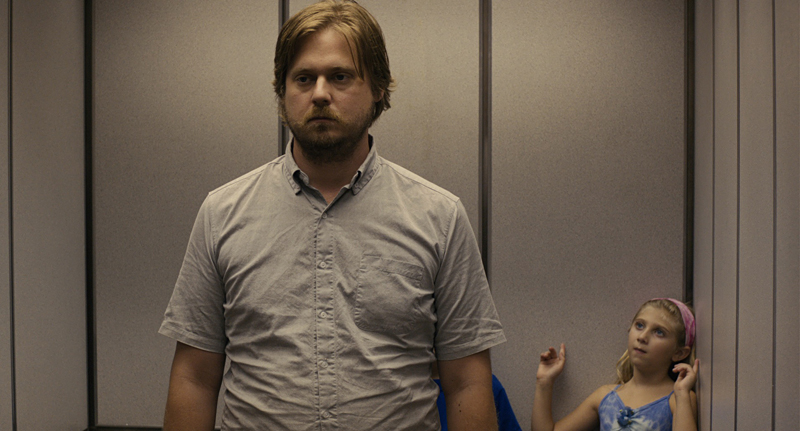Emma (Anne Hathaway) is a too-serious would-be writer in coke-bottle glasses and combat boots. She’s nursing a crush on Dexter (Jim Sturgess), her too-good-looking, rich-boy college classmate. She’s earnest, tenacious, and crippled by middle-class insecurity; he’s talentless and slides by on smile and swagger. It’s July 15, 1988, and after a long night of post-graduation drinking, Em and Dex fall into bed—and instead of having sex, agree to be friends. The film then follows the pair through two decades worth of July 15s, their mutual attraction ebbing and flowing towards a long-delayed but clearly inevitable consummation. The premise would seem ripe for a minimalist-realist treatment, but neither writer David Nicholls nor director Lone Scherfig is so conceptually inclined. In their hands, July 15 becomes the anniversary not only of Em and Dex’s first meeting, but also most of the landmark moments in their lives, including a major rift, their most significant hookup, their decision to procreate, and, finally, a fateful accident—which (spoiler alert, sort of) is teased in the film’s opening scene. It’s as if the filmmakers are afraid that if we don’t know that Something Big happens in 2006, we’ll leave the theater before the movie gets there. Relying on costuming to tell us who her characters are and an omnipresent score to tell us how they feel, Scherfig can’t conjure the spark or swoon of what appear to be her Hollywood models of tragi-romance. Great Hollywood melodrama is art; One Day is kitsch.
One Day: Anne Hathaway Ventures Back to the Late ’80s








